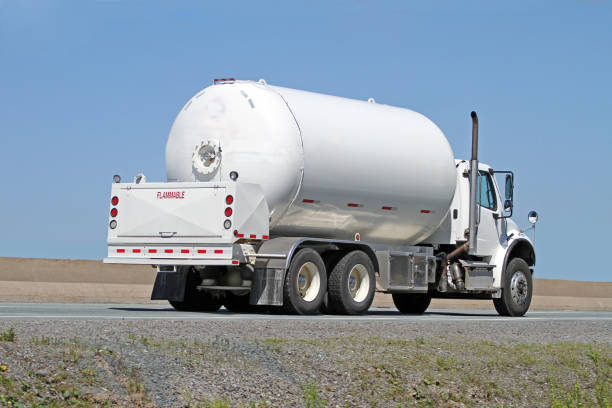Avoiding Common Mistakes in Daily Operations
Avoiding costly mistakes is essential for maintaining profitability and fostering sustainable growth in the propane industry. From operational missteps to marketing blunders, propane companies face a myriad of challenges that can hinder their success. Here are the most common business pitfalls that should be avoided: 1. Neglecting Customer Communication and Engagement One common mistake propane… Continue reading Avoiding Common Mistakes in Daily Operations



